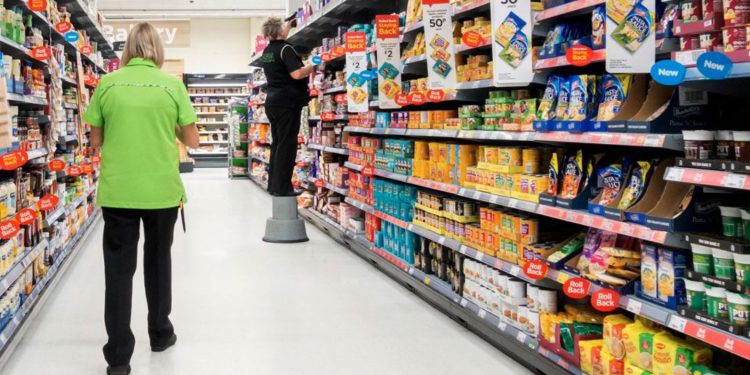The BBC reports the Supreme Court has upheld an earlier court ruling that lower-paid shop staff, who are mostly Asda women, can compare themselves with higher paid warehouse workers, who are mostly men.
The judge stressed the ruling did not mean the 44,000 claimants had won the right to equal pay.
However, they are now free to take further action.
Lauren Lougheed, a Leigh Day lawyer representing Asda store staff, said: “We are delighted that our clients have cleared such a big hurdle in their fight for equal pay.
“Already an employment tribunal, the employment appeal tribunal and the Court of Appeal ruled that these roles can be compared, and now the Supreme Court has come to the same conclusion.
“It’s our hope that Asda will now stop dragging its heels and pay their staff what they are worth.”
The law company representing them, Leigh Day, claims that distribution depot workers earn between £1.50 and £3 an hour more, and that the issue has far-reaching economic repercussions.
The verdict, according to Lauren Lougheed, a partner at Leigh Day: “We are ecstatic that our clients have overcome such a significant obstacle in their quest for equal compensation.
“The Employment Appeal Tribunal and the Court of Appeal have already determined that these responsibilities can be compared, and now the Supreme Court has reached the same judgement.
“We hope Asda will now stop dragging its feet and pay their employees what they deserve.”
Store occupations are not equivalent to distribution center jobs, according to bosses.
“This finding relates to one step of a complex lawsuit that is expected to take several years to reach a conclusion,” an Asda women said of Friday’s decision.
“We are disputing these allegations since remuneration in our stores and distribution centers is equal for male and female coworkers doing the same jobs.”
“Retail and distribution are two quite different industries, each with its own set of skills and wage scales.
“In these sectors, Asda has always paid market rates to colleagues, and we feel confident in our case.”























